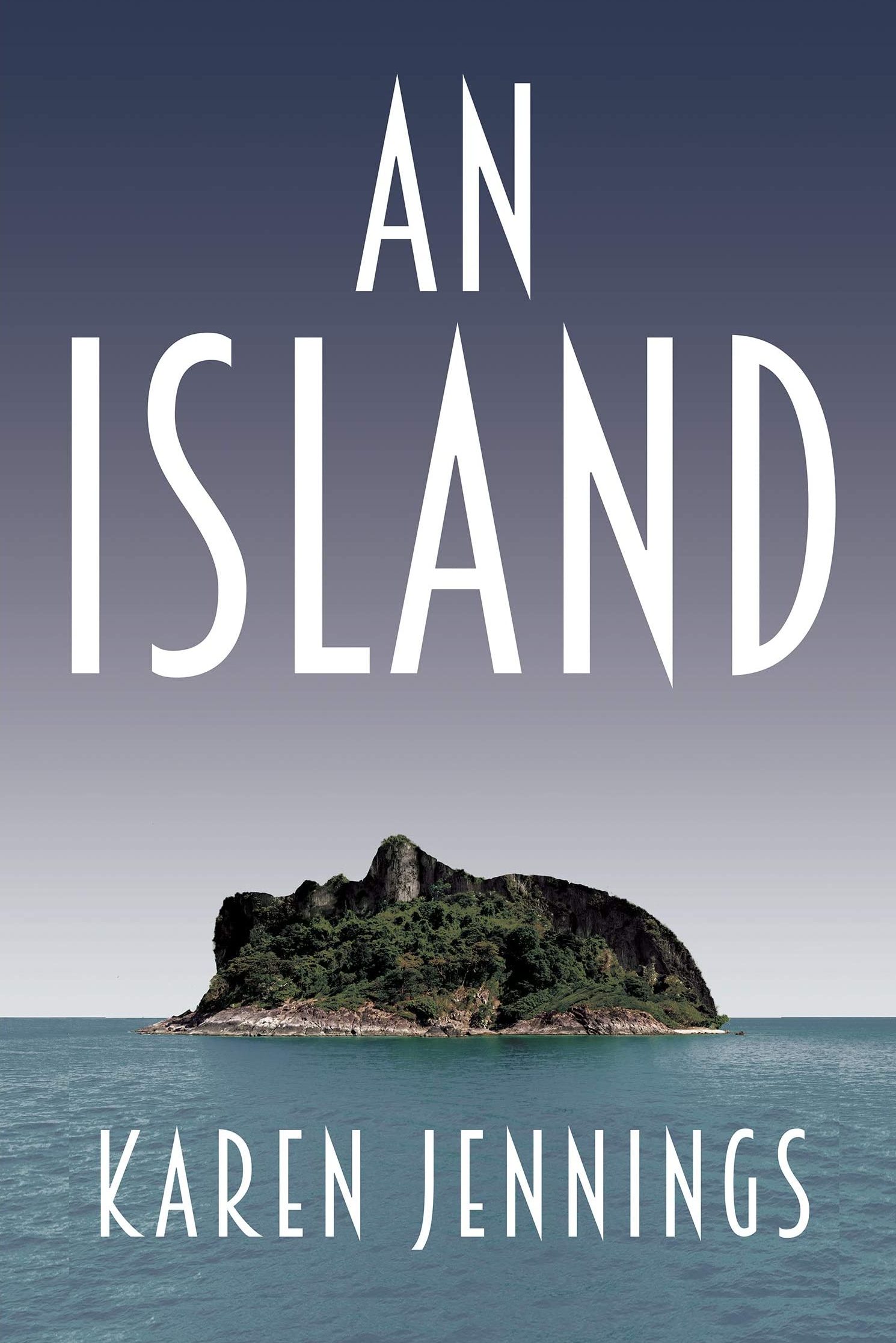
It was the first time that an oil drum had washed up on the scattered pebbles of the island shore. Other items had arrived over the years – ragged shirts, bits of rope, cracked lids from plastic lunchboxes, braids of synthetic material made to resemble hair. There had been bodies too, as there was today. The length of it stretched out beside the drum, one hand reaching forward as though to indicate that they had made the journey together and did not now wish to be parted.
Samuel saw the drum first, through one of the small windows as he made his way down the inside of the lighthouse tower that morning. He had to walk with care. The stone steps were ancient, worn smooth, their valleyed centres ready to trip him up. He had inserted metal handholds into those places where the cement had allowed, but the rest of the descent was done with arms outstretched, fingers brushing the rough sides in support.
The drum was plastic, the blue of workers’ overalls, and remained in sight, bobbing in the flow, during his hastening to the shore. The body he saw only once he arrived. He side-stepped it, walking a tight circle around the drum. It was fat as a president, without any visible cracks or punctures.
He lifted it carefully. It was empty; the seal had held. Yet despite being light, the thing was unwieldy. It would not be possible with his gnarled hands to grip that smooth surface and carry it across the jagged pebbles, over the boulders, and then up along the sandy track, through scrub and grasses, to the headland where the cottage sat alongside the tower. Perhaps if he fetched a rope and tied the drum to his back, he could avoid using the ancient wooden barrow with its wheel that splintered and caught on the craggy beach, often overturning as a result of its own weight.
Yes, carrying the drum on his back would be the best option. Afterwards, in the yard, he would hunt out the old hacksaw that lived amongst sacking and rotting planks. He would rub the rust from the blade, sharpen it as best he could, and saw the top off the drum, then place it in an outside corner of the cottage where the guttering overflowed, so that it could catch rainwater for use in his vegetable garden.
Samuel let the drum fall. It lurched on the uneven surface, thudding against the arm of the corpse. He had forgotten about that. He sighed. All day it would take him to dispose of the body. All day. First moving it, then the burial, which was impossible anyway on the rocky island with its thin layer of sand. The only option was to cover it with stones, as he had done with others in the past. Yet it was such a large body. Not in breadth, but in its length. Twice as long as the drum, as though the swell and ebb of the sea had mangled it into this unnatural, elongated form.
The arms were strong, disproportionate to the naked torso’s knuckled spine and sharp ribs. Small, fine black curls formed patches on each shoulder blade, and more coloured the base of the back where it met his grey denim shorts. The same curls, small, too small for a man of his size, grew on his legs and toes, across his forearms and between the joins of his fingers. They unsettled Samuel. They were the hairs of a new-born animal or of a baby who had stayed too long in the womb. What had the sea birthed here on these stones?
Already, as the mid-morning sun was rising, the curls were silvering with salt crystals. His hair, too, was grey where sand had settled in it. Grains adhered to the only portion of the man’s face that was visible – part of his forehead, a closed eye. The rest of the face was pressed into his shoulder.
Samuel tutted. That would have to wait. First he would tend to the drum, then next morning, if the body hadn’t drifted back into the sea, he would have to break some of the island’s rocks, creating enough pieces to cover it.
There had been thirty-two of these washed-up corpses during the twenty-three years that he had been lighthouse keeper. All thirty-two nameless, unclaimed. In the beginning, when the government was new, crisp with promises, when all was still chaos, and the dead and missing of a quarter of a century under dictatorial rule were being sought, Samuel had reported the bodies. The first time officials had come out, with clipboards and a dozen body bags, combing the island for shallow graves, for remains lodged between boulders, for bones and teeth that had become part of the gravelly sand.
“You understand,” the woman in charge had said, as she looked down at a scuff mark on her patent-leather heels, “we have made promises. We must find all those who suffered under the Dictator so that we can move forward, nationally. In a field outside the capital, my colleagues found a grave of at least fifty bodies. Another colleague discovered the remains of seven people who had been hanged from trees in the forest. They were still hanging, you understand, all this time later. Who knows how many we will find here? I am certain it will be many. This is an ideal dumping ground.”
“Do you think so?”
“Oh yes, just look around.” She waved at the view. “No one for miles. No one to see or hear or do anything at all.” She leaned closer, lowered her voice, “They say there’s been some talk that he had secret camps, like concentration camps, where he sent dissenters to die. Of course, we don’t know yet if it is absolutely true. We haven’t found evidence of that, but this could well have been such a place, don’t you think? Isn’t this a place where you would send someone to die?”
BUY An Island: Amazon



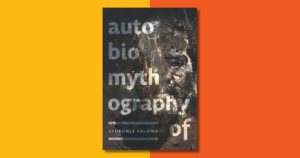
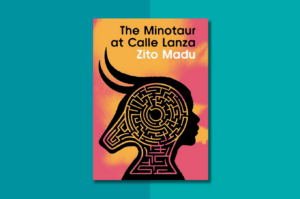

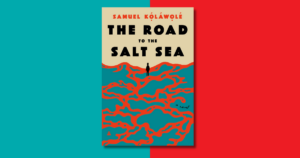
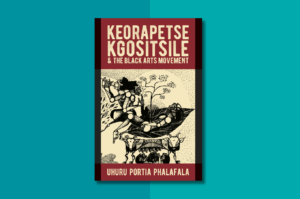

Ebelenna Tobenna Esomnofu August 23, 2021 01:37
This is slow-moving, slow-moving but beautiful. Beautiful and engaging. It reminds me of Ernest Hemingway's "The Old Man and the Sea." I can't wait to get it, read it. ♥️